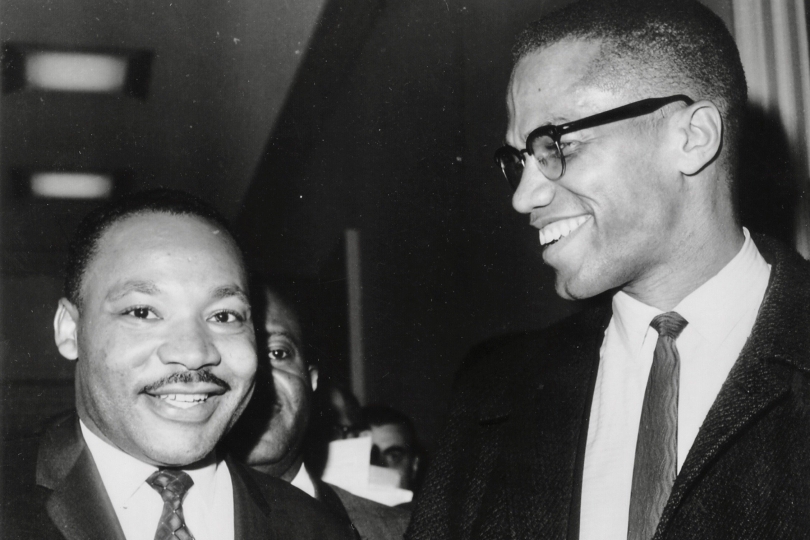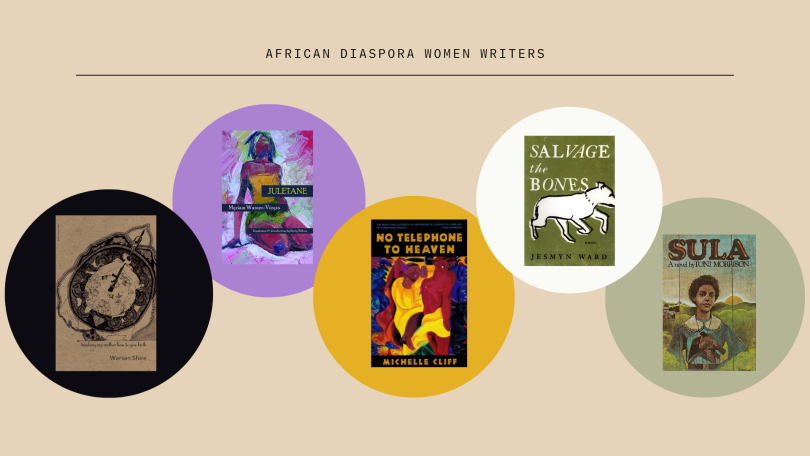

Adrian Chimboza

You are here

Why is it important to take African and African-American Studies classes at Dartmouth?
Taking an African and African-American Studies (AAAS) class is the best decision you can make at Dartmouth. African and African American Studies (AAAS) encourages people to think about how history shapes the present and engage with the past to envision a more just and equitable future collaboratively. The varied methods in which theorists have studied multiple dimensions of Africa, such as race, language, sexuality, and colonization, which are rarely covered in high school, might surprise you. This quarter, I enrolled in two AAAS classes, and I'm glad I did.

One of the AAAS classes I took in my spring was AAAS.55.02 The Idea of Africa: Deconstructing Race in the Iconography of a Continent. It was a seminar co-taught by awesome Professors Ayo Coly and Mark Williams that looked at how race was mapped onto the idea of Africa and how Africa became a distinct racial category. We undertook an archeology of race and debated the claim made by African race historians that Africa was a significant race laboratory. To cope with the role of motion pictures as major technologies of racial othering and their deep imbrications in colonial programs, primary material comprised of motion movies.

We were delighted to have the opportunity to attend guest lectures by renowned scholars such as Professor Grazia Ingravalle, Melissa Dollman, Professor Aboubakar Sanogo, and Brian Jacobson. Yared Zeleke, who recently completed his infamous first feature-length film, Lamb, which was shot on the high plateau of northern Ethiopia, also came to speak to our class. We were fortunate to see the movie, which revolved around Ephraim, a little Ethiopian boy whose father left him and his sheep, from which he was inseparable, to be looked after by distant relatives, far from his drought-ridden homeland. Despite his lack of farming abilities, Ephraim possessed a hidden talent: he could cook like a pro. His uncle informed him that his sheep would be sacrificed at the next religious feast. On the other hand, Ephraim was determined to go to any length to save his only friend and return home with her.

The second AAAS class I took was AAAS: 67.06 African Diaspora Women Writers taught by the soft-spoken Professor Kimberly Brown. The class looked at four common themes in contemporary portrayals of Black women throughout the African diaspora. The four themes of Body, Voice, Memory, and Movement served as a focal point for the agency, representation, and counter-narrative considerations in canon creation. We examined literary and visual culture from across the United States and the Caribbean, focusing on shifting cultural and identity dialogues. We discussed Michelle Cliff's No Telephone to Heaven, Myriam Warner-Juletane, Vieyra's Jesmyn Ward's Salvage the Bones, Warsan Shire's Teaching My Mother How to Give Birth, and Toni Morrison's Sula.
For more, follow the link below,
African and African American Studies Department at Dartmouth
Posts You Might Like

Ever wanted to know what the Biology Department is like at Dartmouth? Grab lunch with Professor Dolph and me as we chat all about what to expect!


Discover the journey of professor Alan Li, who has been teaching Mandarin for over 35 years—including 20 years at Dartmouth.


While the Hanover community is always strong and thriving, it's hard to imagine what it's like when you are thousands of miles away from The Green. Read on to learn about my Dartmouth life in Rome, and the community within Dartmouth while abroad.


My experience in my first ever literature class!


What are the first five words you think of when you hear the words Mafia? (In italiano per favore)


All about Writing 5 (and my favorite watches from the course materials!)


During my sophomore spring quarter, I took on the challenge of four STEM courses, and while it has been intense, the unexpected connections across subjects and the joy of learning have made it one of my most rewarding academic experiences yet.


Hello finals week! As I close out a finals season, dive into my bag to see just what gets me through this time of the term!


Curious about what a class looks like on a Dartmouth Foreign Study program? Read on!
